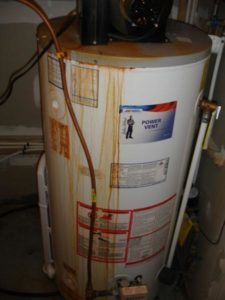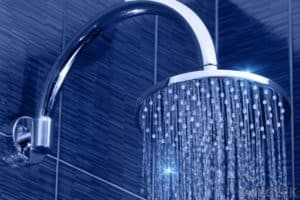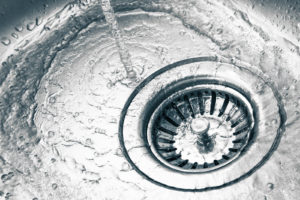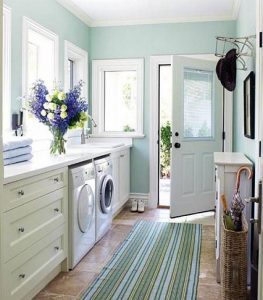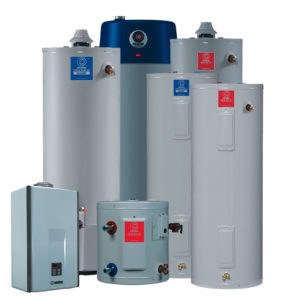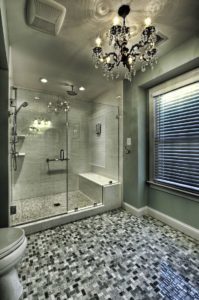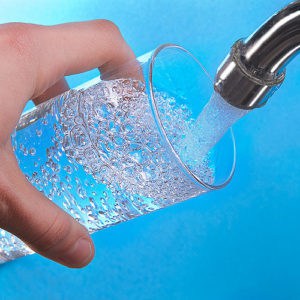Buying a house is a huge investment. You will have to invest a huge chunk of your savings in the new house. Most people buy houses through mortgagees, which means that they spend years paying for the house before they can claim full ownership. That is why you should be extra careful when buying a house to ensure that you get real value for your money. The good news is that the process is lengthy and it takes time. You can’t just wake up one morning and decide that you will own a house before the end of the day. Not unless you are extra loaded with cash. People take time to search for good houses and then to have them inspected before closing the deal. But some people are not very much concerned with the inspection process. They are just too excited about the prospect of owning a new home that they do not want to waste time with the inspection. This is a very big mistake. The inspection process is one of the most important things that you should do before buying a house. One of the areas that you should pay particular attention to during the inspection is the plumbing system. If you suspect problems, you should call your local plumber to take a look and evaluate the area or plumbing system you think isn’t working right. The following critical plumbing areas should be thoroughly inspected before buying a house.
The Bathroom
 The bathroom is the key plumbing area in the house. This is where most plumbing fixtures and appliances are installed or connected to. The bathroom is one of the critical areas that should be thoroughly inspected before buying any house. All the bathroom fixtures should be inspected and tested to ensure that they are working well. The taps and showers should be turned on and off to check whether they are operating properly. The water pressure should also be checked to ensure that it’s okay. You should flush the toilets several times to ensure that they are all working properly. All the sinks and toilet bowls should be inspected to ensure that they firmly installed. All the bathroom walls and floors should be inspected thoroughly to ensure that there are no hidden leaks. The toilet should be checked for cracks or any other defects.
The bathroom is the key plumbing area in the house. This is where most plumbing fixtures and appliances are installed or connected to. The bathroom is one of the critical areas that should be thoroughly inspected before buying any house. All the bathroom fixtures should be inspected and tested to ensure that they are working well. The taps and showers should be turned on and off to check whether they are operating properly. The water pressure should also be checked to ensure that it’s okay. You should flush the toilets several times to ensure that they are all working properly. All the sinks and toilet bowls should be inspected to ensure that they firmly installed. All the bathroom walls and floors should be inspected thoroughly to ensure that there are no hidden leaks. The toilet should be checked for cracks or any other defects.
The Water Heater
The hot water heater is one of the most critical plumbing installations in any house. The hot water tank should be inspected and tested to ensure that it’s heating water properly and to the required temperatures. If the house has a storage tank water heater, then you should check the positioning or placement of the tank. The tank should be placed in an easily accessible position where you can inspect it for leaks easily. The placement should also conform to local building codes and standards. You should also inspect the anode rod to see whether it needs replacement.
The Sewer System
The drainage and sewer system requires thorough inspection when buying a house. Hire any professional plumber who handles DC sewer repair, inspection and maintenance to conduct a thorough inspection of the main sewer line, the underground drainage and sewer lines, and the private septic tank if there is one. You should in fact request a sewer camera inspection to have all the underground drainage and sewer lines inspected by remote controlled underground video cameras.




